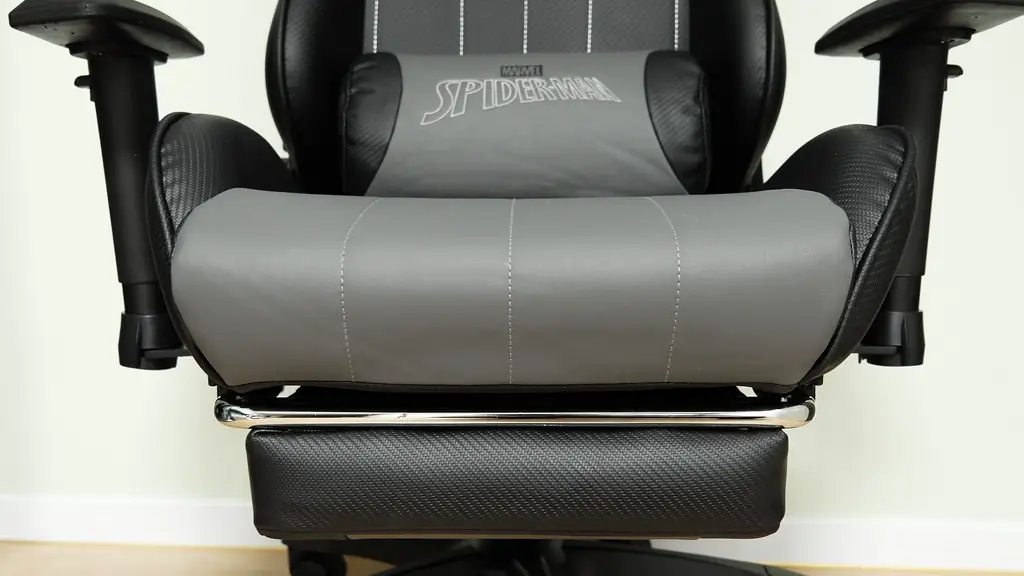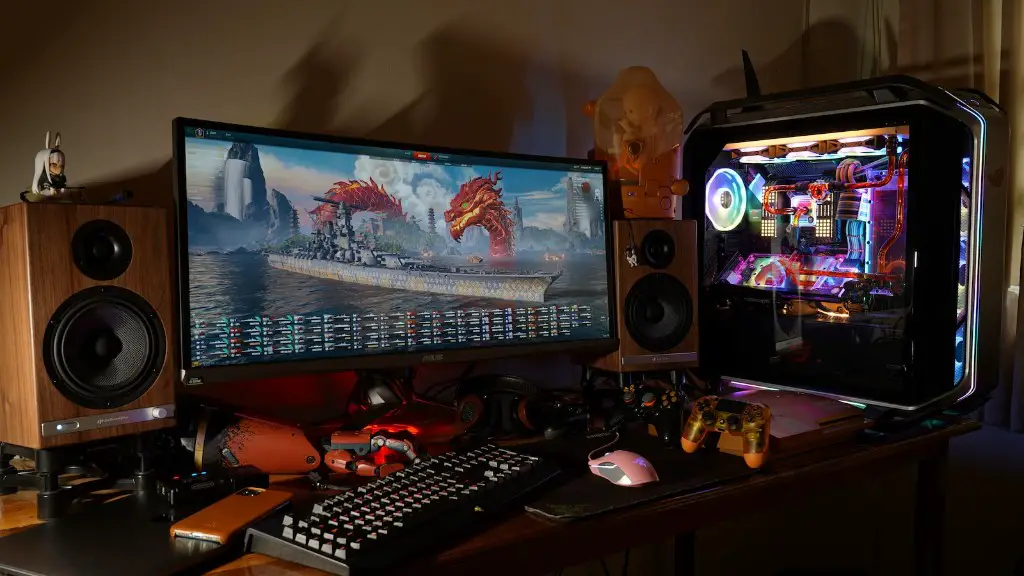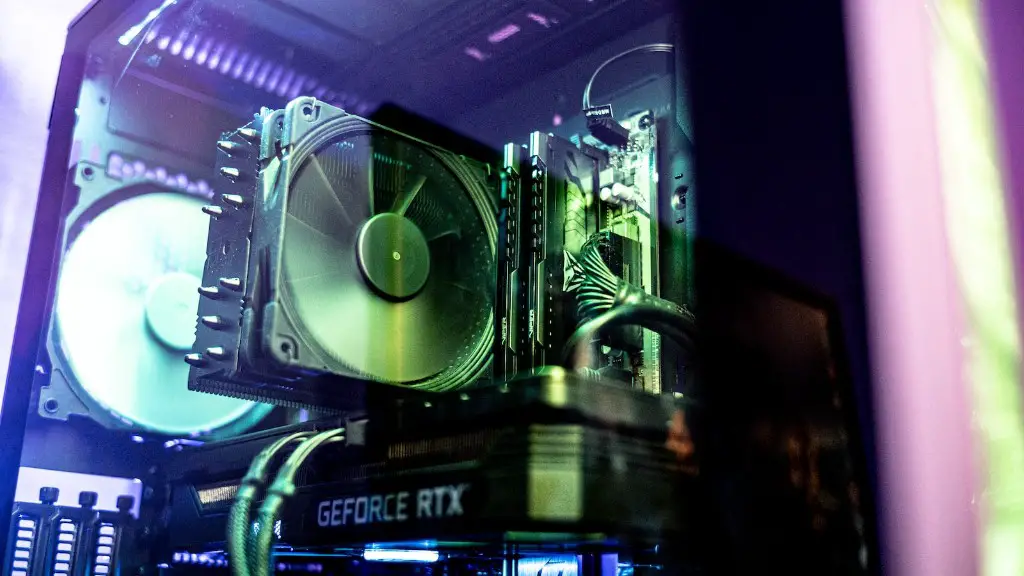Gaming PCs need nothing but the best when it comes to supplying power. Picking the right power supply is essential to make sure the gaming PC runs well and is durable. There are plenty of options out there, so let’s look at which is the best power supply for gaming PCs.
The wattage of the power supply unit (PSU) is the most important factor to consider. All current gaming PCs require around 500 to 650 watts. However, high-end builds can require up to 1000 watts, so your choice of PSU should be based on the wattage you need. More wattage does not necessarily mean a better PSU, it just means it can handle more power.
Next, comes the 80+ Certification. This is an industry standard that tests the efficiency of the PSU in terms of power conversion from AC to DC. 80+ Gold, Platinum and Titanium are the best efficiency ratings, but they come at a premium. Gold and Platinum tend to be good enough for most gaming PCs, and they are much cheaper than Titanium.
Modular design is another important feature, as it allows you to only connect the necessary cables and avoid cluttering up your build with cables you don’t need. A good rule of thumb is to buy a PSU with an extra 6-pin PCIe connector than you need, just in case you ever need it.
Finally, the brand of the PSU is very important. Some good trusted brands are Corsair, EVGA and Seasonic. These brands are known for their reliability and quality. It’s best to do some research to see which PSU is the best fit for your gaming PC.
Wattage
The wattage of the power supply is the most important factor to consider when choosing the right power supply for gaming PCs. Depending on the specs of the gaming PC, the wattage of the PSU needs to match or exceed the requirements.
High-end gaming PCs may require up to 1000 watts, while a more budget or mid-range PC can get away with a 500 watt PSU. Meeting the wattage requirement is the first factor that must be considered when buying a power supply.
Typically, more wattage does not mean a better PSU, rather it means it can handle more power. When buying a PSU for a gaming PC, it’s best to match the wattage requirement.
80+ Certification
The 80+ Certification is an industry standard that tests the efficiency of the PSU in terms of power conversion from AC to DC. As such, it is important to choose a power supply that has a good efficiency rating.
80+ Gold and Platinum are the best efficiency ratings and are the most commonly found in gaming PCs. They are usually good enough for most gaming PCs and they tend to be much cheaper than Titanium which offers the highest efficiency rating.
It is not necessary to have the highest efficiency rating. Gold and Platinum are usually good enough and much more affordable.
Modular Design
Modular design is another important feature to consider when selecting the best power supply for gaming PCs. A modular power supply means that you only connect the necessary cables, which helps to avoid cluttering up the inside of the PC with extra cables.
A good rule of thumb is to buy a PSU with an extra 6-pin PCIe connector than you need, just in case you ever need it. There are many different types of PCIe connectors so it’s best to make sure you buy the correct one.
A fully modular PSU also allows for easy installation, as you can plug in the cables one at a time, rather than having to dig through a tangle of cables.
Brand
The brand of the PSU is also a key factor to consider when buying a power supply. Some of the top trusted brands are Corsair, EVGA, and Seasonic.
These brands are known for their reliability and quality, so they should be given serious consideration when buying a PSU. It is important to do some research to decide which power supply is the right fit for your gaming PC.
It is also important to make sure that the PSU comes with a warranty, as this offers peace of mind when buying a power supply.
Price
Price is also an important factor, but it should not be the only determinant when choosing the best PSU for your gaming PC. A good quality PSU may cost more than a cheaper model, but it should also last longer, making it a more cost-effective investment in the long run.
Sometimes, a more expensive unit may offer features that may not be necessary for your gaming PC. In this case, it’s best to go with a cheaper model that still meets the wattage requirement and has the other features you need.
Conclusion
Making sure you plug your gaming PC in with the right power supply is essential. There are several factors to consider when choosing the best PSU, such as wattage, 80+ certification, modular design and brand. Price is also a factor, but it shouldn’t be the only one. It’s important to do some research to make sure you get the best PSU for your needs.



